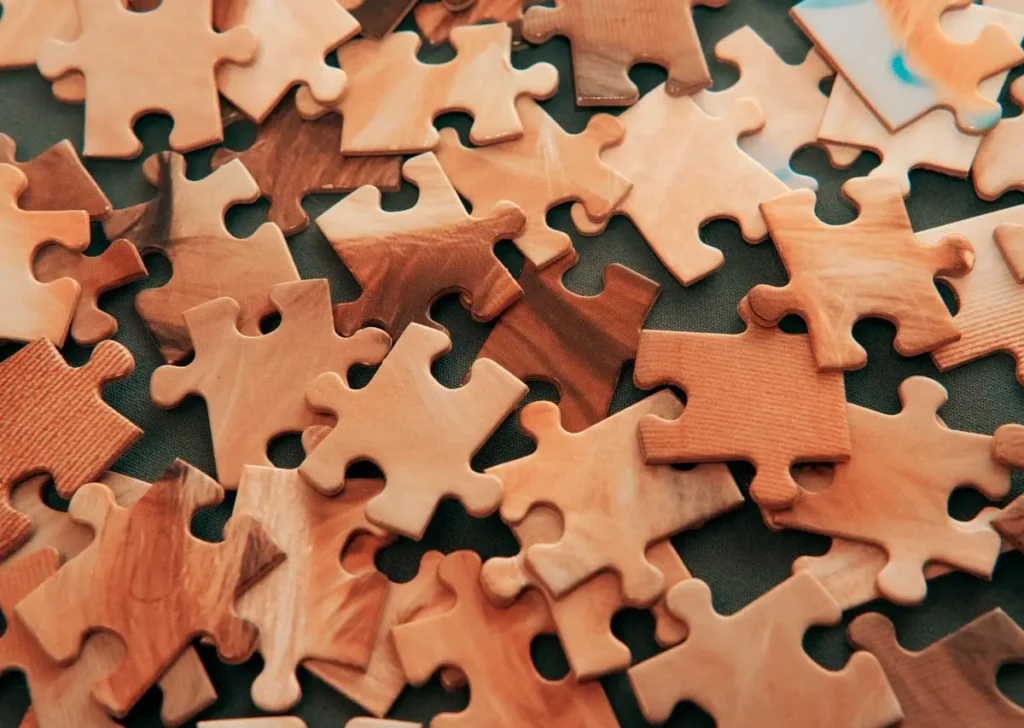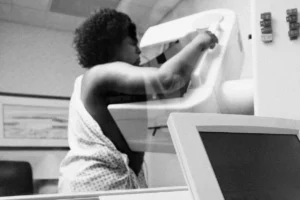Being Puzzled for a Moment Can Help Treat Alzheimer’s Symptoms

by Renata Sago
Alzheimer’s symptoms, like forgetfulness and repetition, can be sneaky. They’re easy to write off as signs of old age or stress. If you start to experience symptoms, you’ll want to speak with a doctor. You can also empower yourself by creating ways to challenge your mind. One way to do this is through physical exercises such as tai chi. Another way is through puzzles.
This activity can increase your cognition and visual-spatial abilities. When you do a puzzle, you are using both sides of your brain. You are also building up your short-term memory tools you’ll need to combat Alzheimer’s and other dementias.
Ericka Chambers and her brother William Jones began doing puzzles as children. “My mom wanted us to keep our minds sharp and stay entertained during the winter and summer breaks,” she remembers. Now, the Texas native is co-founder of Puzzles of Color. For her, puzzles have clear mental health benefits.
“When you find the right piece, it gives you that dopamine hit of excitement and feeling of accomplishment as you are progressing through the puzzle,” she says.
It can also support us against some of the inevitable experiences of aging, which can include loneliness, increased dependence upon others, and forgetfulness.
Chambers’ grandmother, who is in her 80s, has started to experience Alzheimer’s symptoms but does not have a diagnosis.
“We know that she has a lot of memory issues,” she says. “We made a puzzle of our family to give her — like, ‘These are the people in the family’ to really help her remember everybody and to give her brain a challenge.”
Other brain games can strengthen your mind as you brave Alzheimer’s symptoms. Sudoku increases concentration, logical thinking, and recall. So do Bingo and Dominoes.
Loretta Woodward Veney says Lego bricks helped keep her mother with Alzheimer’s active while she was living.
“When my mom stopped remembering who I was, I would get the Lego bricks out,” Veney says. “Instead of having that blank stare that all people with dementia have as they progress into the disease, she would come alive.” Veney’s mother received an Alzheimer’s diagnosis at age 77. She is now deceased.
The big picture is to exercise the brain as much as possible as you experience symptoms whether it’s Alzheimer’s or not.








